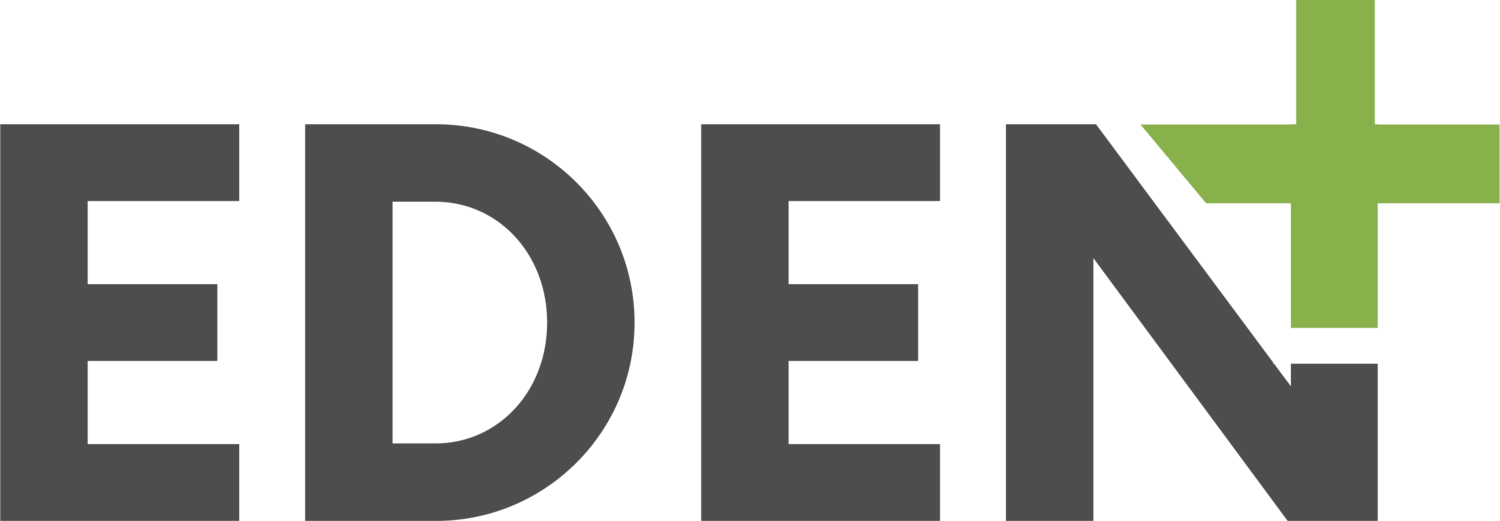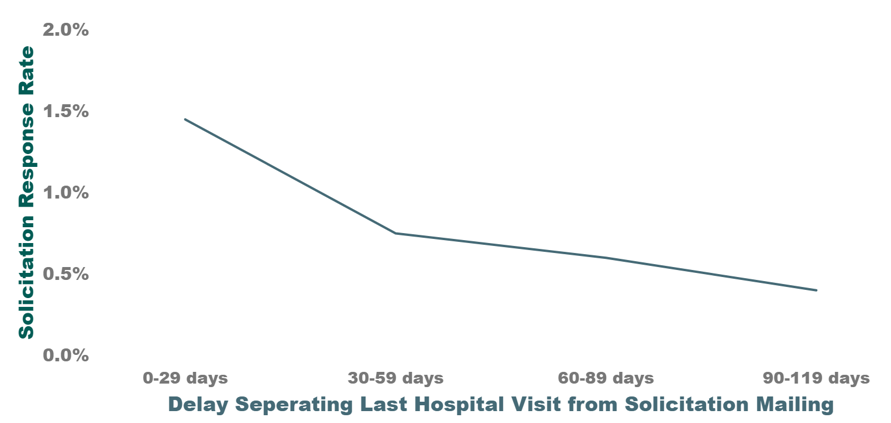The last week has brought perhaps the swiftest and most dramatic changes to life around the world any of us have ever witnessed. While a natural disaster or terrorist attack may only directly affect a city or even an entire country, the coronavirus is having an impact on the entire globe, nearly simultaneously.
From a philanthropic standpoint, the coronavirus presents a multi-faceted challenge. While many fundraisers have lived through financial downturns and crises, never before has any type of in-person social interaction been so restricted, resulting in the cancellation of events, and even most in-person meetings.
Let’s be clear—we are all in uncharted territory. If anybody tells you that they know exactly how this will unfold, run the other way. Just think, a week ago we thought there was a possibility March Madness would be played, simply without fans. In less than a week, we are now told to avoid gatherings of more than 10 people.
While we don’t know exactly what the following weeks and months hold, we offer the following advice for fundraisers in these challenging times.
Take time to build relationships. Pick up the phone and call your donors—we know chances are good they are at home, and some may even be craving social interaction. Ask how they are feeling, and do not be afraid to talk about any challenges facing your organization. It may not be the right time to make a major, multi-year gift request, but you may be surprised which donors raise their hands and step up to meet the immediate needs of your organization. Too often we think just about “the ask.” Now is the time to focus on the important work of building relationships that comes before (or after) a request.
Communicate your (immediate) needs. Many organizations will face increased demand for their services over the coming weeks and months and we have seen time and time again that donors will step up to meet those demands. Don’t be afraid to communicate those challenges and ask people to support your organization in this time of need, especially if you are setting up programs specifically designed to aid people affected by the crisis. But the dynamics are changing for all organizations. Get creative to think of ways you can continue to fulfill your mission. How can you use technology to continue your mission when donors and beneficiaries cannot be at your physical location? If your employees must be physically present to carry out that mission, how can donors support them?
Stay positive and take care of yourself. It is easy to get lost in the nonstop breaking news alerts, cancellations, and closures. It seems like a year’s worth of bad news has been stuffed into the last week. Added to that, all our normal escapes like sporting events, festivals, and concerts are canceled. If you have never tried meditation, it might be the week to start. Many apps like Headspace are offering free services during the crisis and normally offer nonprofit discounts. Having conversations with your donors will also help. Sharing a laugh or lighthearted moment can go a long way.
If you have specific questions or tactics you would like to address, the EDEN+ team is offering free 30-minute consultations as we work to support our nonprofit partners in these challenging times. To set-up a time to speak via video chat or phone, please contact info@edenplus.org. Stay safe, and wash those hands!




